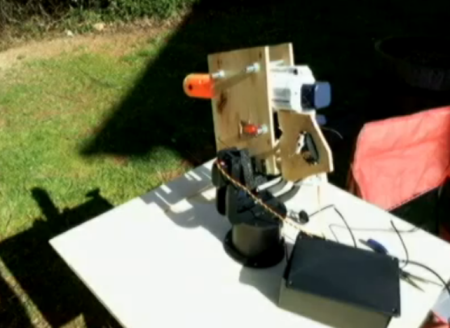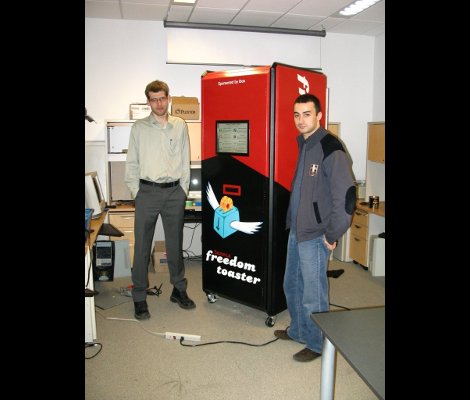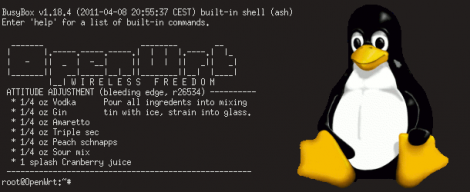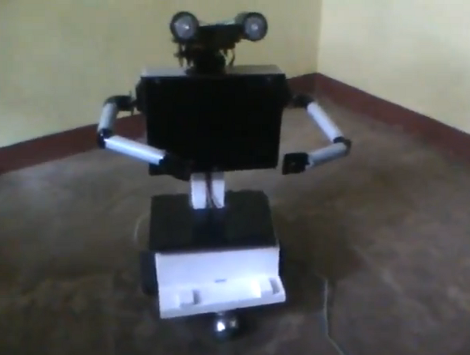Sure, squirrels may bother the average home owner, but few have attempted as creative a way to control them as this automated water turret. Check out the video after the break to see how this was accomplished, but if you’d rather just see how the squirrels reacted to getting squirted, fast forward to around 16:00. According to [Kurt] he was sure this would be his solution, however, his conclusion was that “squirrels don’t care.”
As for the presentation, it’s more about how to use [OpenCV], or Open Source Computer Vision. It’s quite a powerful piece of software, especially considering that something like this would cost thousands of dollars in a normal market. An Arduino is used to interface the computer’s outputs to the real world and control a squirt gun. If you’d rather not program something like this yourself, you could always simply use a garden hose as someone suggests just after the video. Continue reading “Birdwatching Meets A Computer-Controlled Water Cannon, Awesomeness Ensues”
























